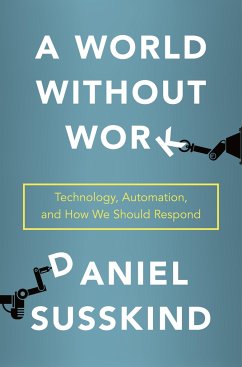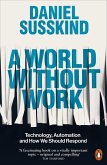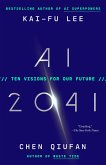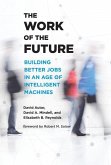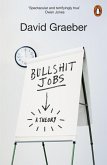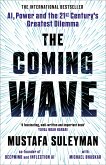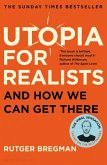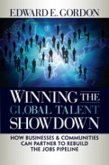For all the general anxiety about computers taking peoples jobs, economists have long been optimistic about technologys impact on employment. Historically, new inventions have always complemented human labor, helping rather than hurting workers. But with the emergence of artificial intelligence, acclaimed Oxford economist Daniel Susskind shows, all kinds of work are increasingly at riskas is the structure of the entire world economy.In a lively and approachable style, Susskind explains why this time really is different. Truckers and taxi drivers thrown out of work by driverless cars, for instance, cannot easily transition to become coders. Tasks that used to be far beyond the ability of computers, from diagnosing illnesses to drafting legal contracts, are rapidly coming within their reach. Eventually, the economy might have no need for human labor at all.This is not necessarily a bad thing, Susskind emphasizes. Technological progress has the potential not just to upend the globaleconomy but to bring about unprecedented material prosperity. Enjoying that prosperity, though, requires us to plan for dealing with the economic disruptionand finding meaning in a world where paid work no longer functions as the center of our lives.
